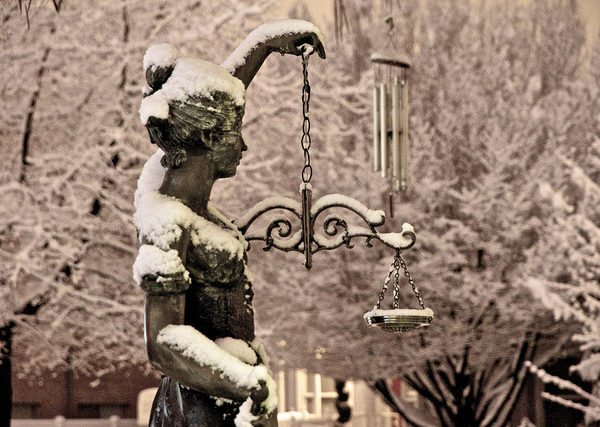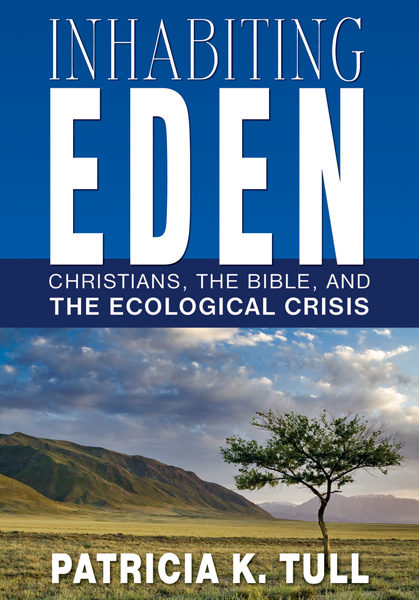
While many analysts contend that a carbon tax is the most effective and efficient climate change mitigation policy available to the U.S., one of the most significant obstacles to the legislation of a national carbon tax in the U.S. is American’s basic aversion to taxation. In view of Americans’ antipathy towards taxation, the Thomistic virtue jurisprudence proposed by Cathleen Kaveny in her book Law’s Virtues can dispose Americans to support a national carbon tax.

For me the field of political theology does not exist in isolation from a number of other disciplinary genres. There are some older texts which helped mark out the territory and possess a kind of classical importance. That claim needs to be seen in perspective. I am writing out of Australia and, prior to living here, taught theology in Aotearoa-New Zealand following postgraduate study at Cambridge.

Today, Catholics celebrate the feast of one of the church’s most beloved saints, Francis of Assisi. Francis had both a special concern for the poor and a deep appreciation for God’s presence in all creation, and in recognition of this unique charism Blessed Pope John Paul II declared Francis patron saint of “those who promote ecology” in 1979. That declaration has caused Francis to be associated in the minds of many Catholics with the church’s commitment to environmental stewardship.

We face a seductive fantasy of independence from a wider, dynamic order of things, with the result that our response to challenges in international relations or ecological crisis have been rather consistently out of touch. But of course this is far from simply an American problem. I suggest that it stems from a disease of the modern subject, a way of looking at the world that treats “its” objects as inert and easily manipulated. In other words, this is a deeply-rooted metaphysical problem, a constitutional failure to account for the capacity of objects in the world to push back…..


